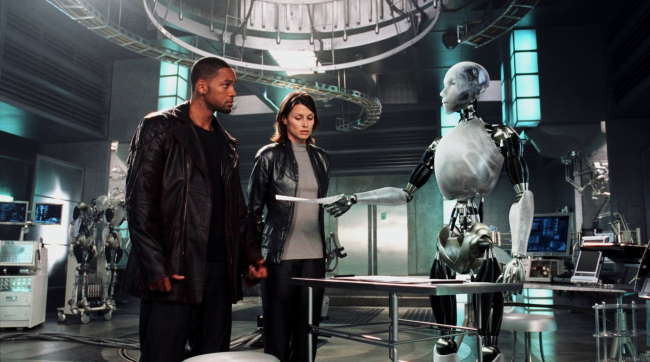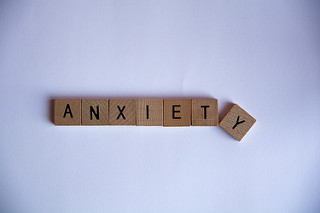AI in Psychiatry: Patient Similarity in Clinical Practice

In a previous article, I wrote about three psychiatric uses cases that can be utilized now for AI applications. One of those use cases, on AI and Patient Similarity, I will now expand upon and write more about it in…
Read more





